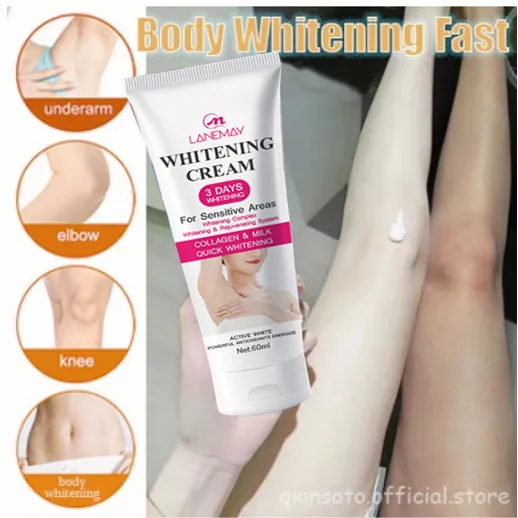What is Private Part Whitening Soap?
Private part whitening soap is a specially formulated product designed to address hyperpigmentation and uneven skin tone in the intimate areas. These soaps typically contain ingredients that help to lighten the skin, reduce dark spots, and promote a more uniform complexion. The increasing popularity of these products reflects a growing desire for enhanced personal care and aesthetic improvement. It’s essential to understand that the effectiveness of these soaps can vary, and it’s crucial to choose products carefully and use them as directed to avoid potential side effects. Many individuals seek these soaps as a means to boost their self-esteem and confidence.
Benefits of Using Private Part Whitening Soap
The benefits of using private part whitening soap extend beyond mere aesthetics; they can significantly impact an individual’s well-being and self-perception. Properly chosen and used soaps can offer noticeable improvements in skin tone, texture, and overall appearance. When considering these products, it is essential to evaluate their potential advantages in relation to the specific needs and skin type of the user. Remember that consulting a dermatologist before use is a good practice to ensure that the product aligns with your health and safety.
Reducing Hyperpigmentation
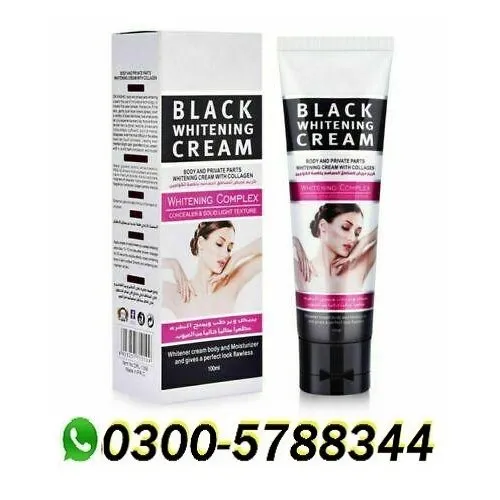
One of the primary benefits of these soaps is their ability to reduce hyperpigmentation. Hyperpigmentation, or the darkening of the skin, can result from various factors, including inflammation, friction, and hormonal changes. Private part whitening soaps often contain ingredients like kojic acid, arbutin, or niacinamide, which work to inhibit melanin production, thereby lightening the skin. Regular use, as directed, can lead to a visible reduction in dark spots and a more even skin tone. The key is to find a product that is both effective and gentle on sensitive skin.
Improving Skin Tone and Texture
In addition to reducing hyperpigmentation, these soaps can also improve the overall skin tone and texture of the intimate areas. Many products include exfoliating agents that help to remove dead skin cells, promoting smoother skin. This can lead to a softer feel and a more youthful appearance. Furthermore, some soaps contain moisturizing ingredients that help to keep the skin hydrated, preventing dryness and irritation. Improved skin texture contributes to a healthier and more comfortable intimate area.
Boosting Confidence and Self-Esteem
The use of private part whitening soap can significantly boost confidence and self-esteem. Many individuals experience increased self-assurance when they feel comfortable and confident in their own skin. Addressing concerns about skin discoloration can lead to a more positive body image and a greater sense of well-being. The psychological impact of using these products can be profound, contributing to improved mental health and overall quality of life. The effect is even more profound when the user is happy with the overall result of the product.
Exfoliation and Cleansing
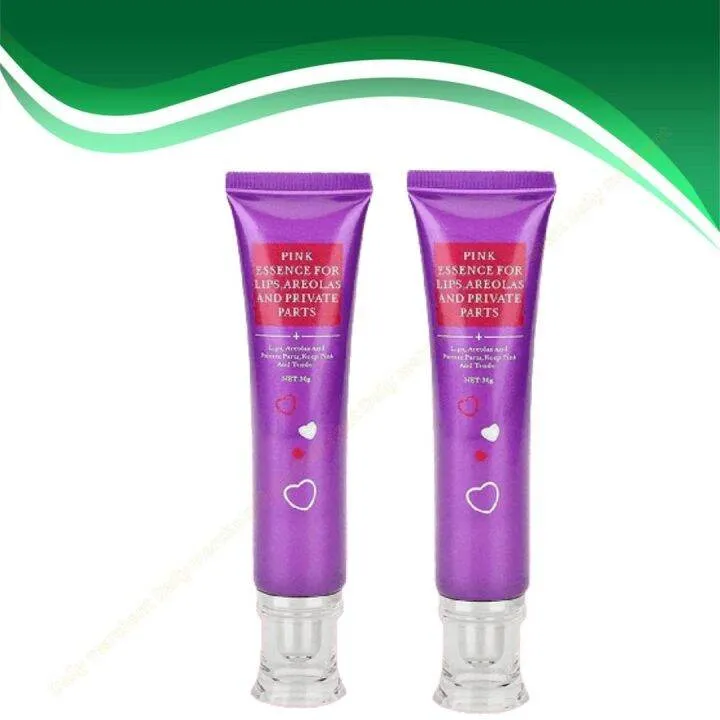
Most private part whitening soaps provide effective cleansing and exfoliation. Exfoliation is crucial for removing dead skin cells that can contribute to uneven skin tone and dullness. These soaps often include gentle exfoliating agents, such as lactic acid or mild scrubs, that help to reveal brighter, smoother skin. Proper cleansing is also important for maintaining hygiene and preventing the build-up of bacteria. The combined effects of cleansing and exfoliation contribute to healthier and more radiant skin in the intimate areas. It’s an integral aspect of personal care.
Preventing Ingrown Hairs
By exfoliating the skin, private part whitening soaps can help to prevent ingrown hairs, which are a common issue in the intimate areas. When dead skin cells clog the hair follicles, hairs can become trapped and grow inward, leading to inflammation and irritation. Regular exfoliation with these soaps can help to keep the follicles clear, reducing the likelihood of ingrown hairs. This not only improves the appearance of the skin but also minimizes discomfort and potential infections. It’s a practical benefit of these specialized soaps.
How to Choose the Right Private Part Whitening Soap
Selecting the right private part whitening soap requires careful consideration of your skin type, the ingredients used, and your personal preferences. It’s essential to choose a product that is suitable for sensitive skin and free from harsh chemicals that could cause irritation. Reading reviews and seeking recommendations from dermatologists or skincare professionals can also be beneficial in making an informed decision. Prioritizing products with natural and gentle ingredients is often the best approach to achieving desired results without compromising skin health. Always do a patch test before full application.
Ingredients to Look For
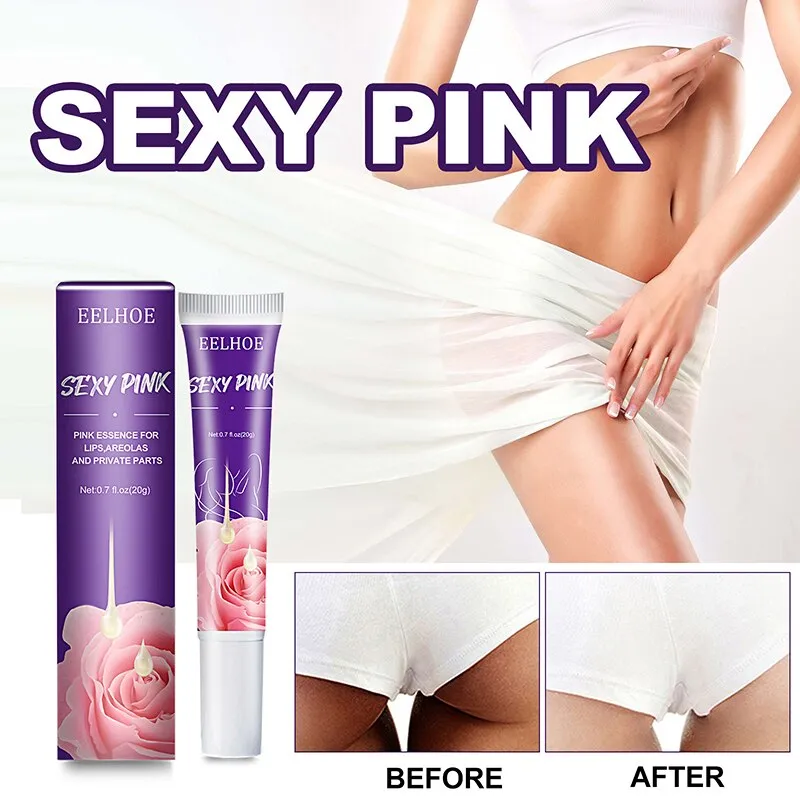
When choosing a private part whitening soap, look for ingredients known for their skin-lightening properties and gentle nature. Kojic acid, derived from fungi, is a popular choice for its ability to inhibit melanin production. Arbutin, extracted from bearberry plants, is another effective ingredient that helps to lighten dark spots. Niacinamide, a form of vitamin B3, can improve skin tone and texture while reducing inflammation. Other beneficial ingredients include aloe vera for soothing and moisturizing, and natural extracts from licorice root or green tea for their antioxidant properties. Make sure the product does not include harsh chemicals.
Ingredients to Avoid
It is equally important to avoid certain ingredients that can irritate or harm the sensitive skin of the intimate areas. Steer clear of soaps containing harsh chemicals, such as sulfates (SLS/SLES), which can strip the skin of its natural oils, leading to dryness and irritation. Fragrances and artificial dyes can also cause allergic reactions and sensitivity. Hydroquinone, a potent skin-lightening agent, should be used with caution, as it can have potential side effects and is banned in some regions. Always check the ingredient list carefully to ensure the soap is free from these undesirable substances.
Understanding Skin Types
Different skin types have different needs, and it is essential to select a private part whitening soap that aligns with your specific skin type. Those with sensitive skin should opt for gentle, hypoallergenic formulas that are free from irritants. People with oily skin may benefit from soaps that contain ingredients to control oil production, while those with dry skin should choose moisturizing formulas. Understanding your skin type helps you avoid potential side effects and achieve optimal results. If you are unsure about your skin type, consulting a dermatologist can provide valuable insights.
Proper Usage and Application of Whitening Soap
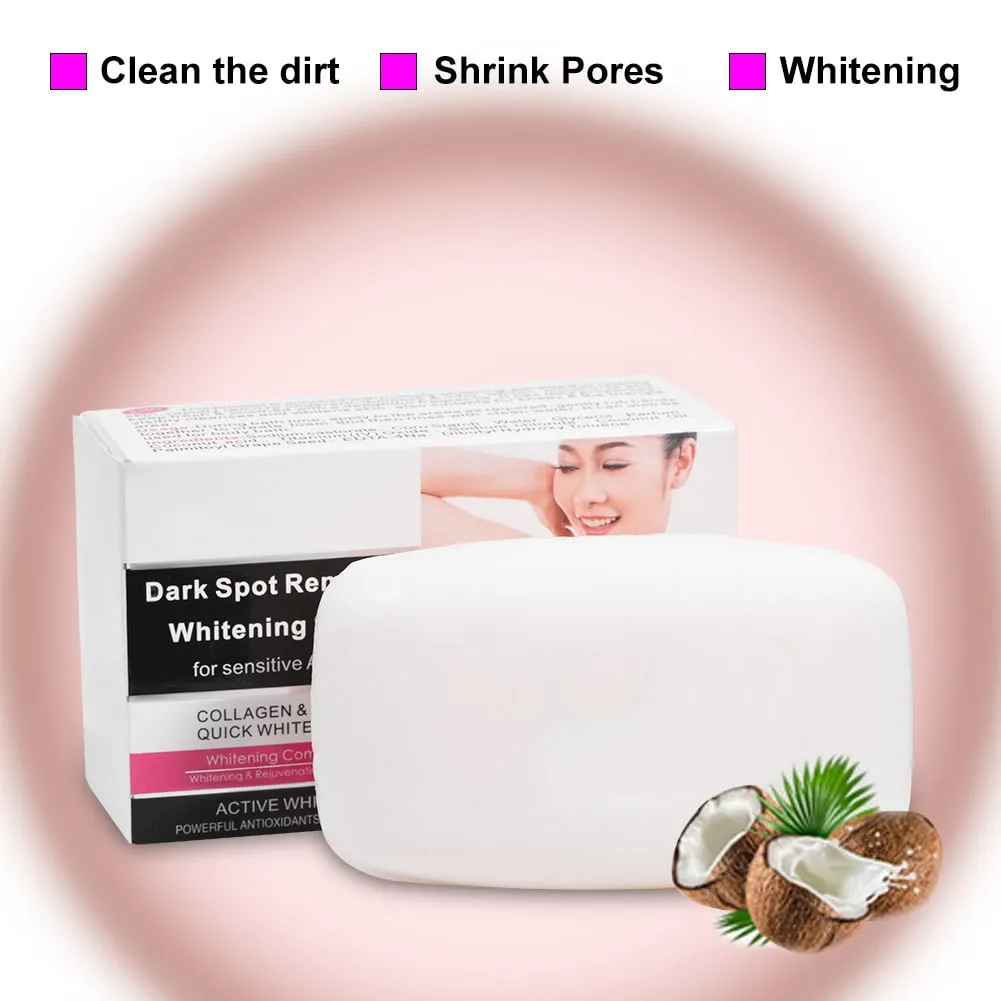
Correct usage and application of private part whitening soap are crucial for achieving the desired results and minimizing potential side effects. Follow the manufacturer’s instructions carefully, and do not exceed the recommended frequency of use. Using the soap correctly ensures that the active ingredients are able to work without causing unnecessary irritation. Consistent, careful application is key to achieving the best possible outcomes while protecting the health of your skin.
How to Apply the Soap
To apply the private part whitening soap, start by wetting the intimate area with lukewarm water. Lather the soap in your hands and gently apply it to the skin. Avoid rubbing harshly, as this can cause irritation. Allow the soap to sit on the skin for the recommended time, usually a few minutes, and then rinse thoroughly with water. Pat the area dry with a soft towel. Avoid using hot water, as it can dry out the skin. Use a gentle touch and rinse completely to avoid any soap residue.
Frequency of Use
The frequency of use for private part whitening soap varies depending on the product and your skin’s sensitivity. Generally, it is recommended to start with using the soap once or twice a week and gradually increase the frequency if your skin tolerates it well. Overuse can lead to dryness, irritation, and sensitivity. Pay attention to how your skin responds, and adjust the frequency accordingly. If you experience any adverse reactions, reduce the usage or discontinue the product and consult a dermatologist. Consistency is important, but so is moderation.
Potential Side Effects and Precautions
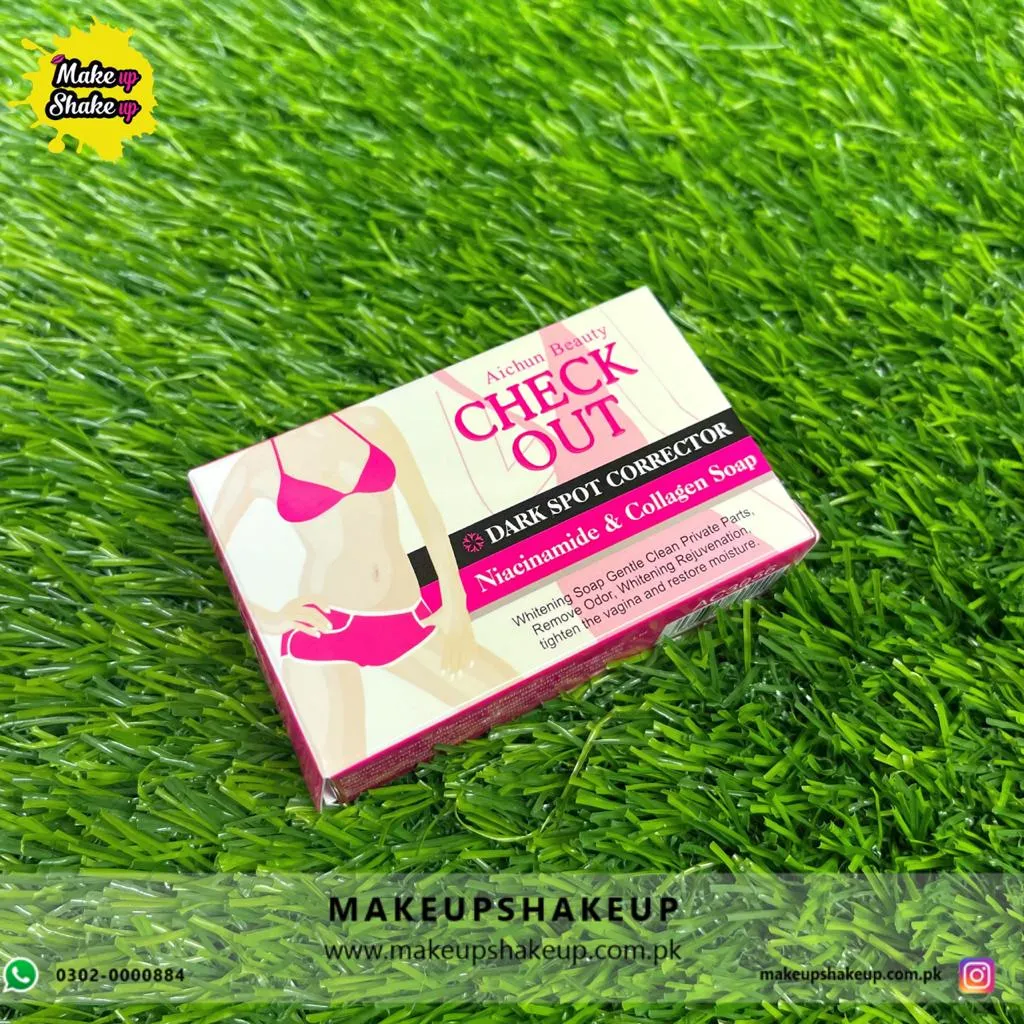
While private part whitening soaps can offer numerous benefits, it is essential to be aware of potential side effects and take necessary precautions. Not all products are suitable for everyone, and improper use can lead to skin irritation or other adverse reactions. Careful attention to how your skin reacts and consulting with a dermatologist before starting the use of these products can help you manage potential risks and make informed decisions. Your skin health is an important aspect of your overall health.
Allergic Reactions
Allergic reactions are a potential side effect of any skincare product, including private part whitening soaps. Symptoms of an allergic reaction can include redness, itching, swelling, and rash. If you experience any of these symptoms, discontinue use immediately and consult a dermatologist. Always perform a patch test before using a new soap to check for potential allergic reactions. Apply a small amount of soap to a small area of skin, such as the inner arm, and wait 24-48 hours to see if any reaction occurs.
Skin Irritation
Skin irritation is another potential side effect, especially with soaps containing harsh chemicals or strong exfoliating agents. Symptoms of skin irritation can include redness, itching, burning, and discomfort. If you experience skin irritation, stop using the soap and consider switching to a gentler formula. Make sure to moisturize the area to soothe and protect the skin. It is also important to avoid rubbing or scratching the area, as this can worsen the irritation.
Sun Sensitivity
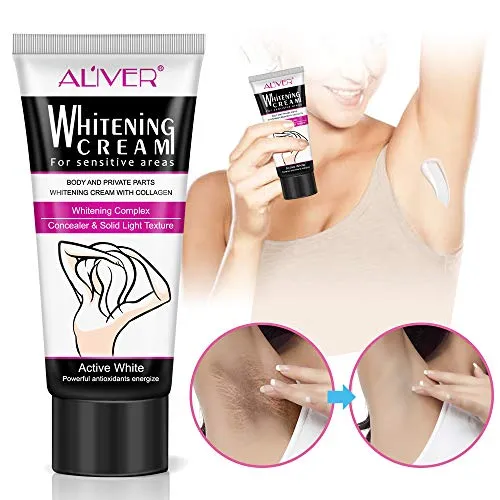
Some ingredients in private part whitening soaps, such as certain acids, can increase your skin’s sensitivity to the sun. Exposure to sunlight can make your skin more prone to sunburn and further discoloration. Therefore, it is essential to protect the treated area from the sun, particularly during the daytime. Wear protective clothing, seek shade, and use a broad-spectrum sunscreen with a high SPF. Following these precautions will help to minimize the risk of sun damage and promote the health and effectiveness of the whitening process.
Where to Buy Private Part Whitening Soap
Private part whitening soaps are available in various retail locations, providing convenient access to these products. Understanding where to find these soaps helps consumers make informed choices and ensures they purchase from reputable sources. The availability of the product through different channels also increases access, catering to diverse consumer preferences. Ensuring that the product is from a reliable source is an important aspect of your health and safety.
Online Retailers
Online retailers offer a wide selection of private part whitening soaps, often at competitive prices. Major e-commerce platforms and specialized skincare websites provide a convenient way to browse and purchase these products from the comfort of your home. Online shopping allows you to compare different brands and read reviews from other customers. Make sure to purchase from a reputable seller and verify the product’s authenticity to ensure you are getting a genuine product. Check the seller’s rating and feedback to confirm that they are reliable. You should also consider the shipping costs and return policies.
Local Pharmacies and Stores
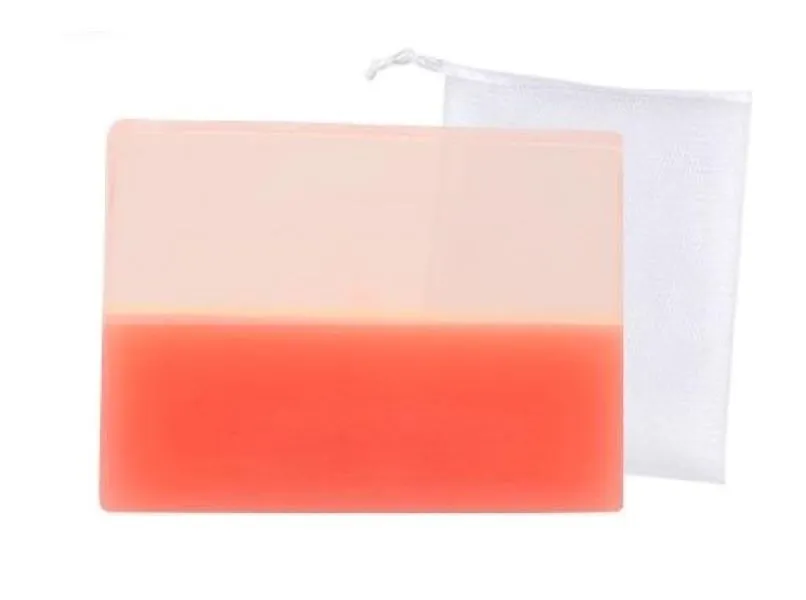
Local pharmacies and stores are another place to find private part whitening soaps. Visiting these locations allows you to see the products in person and ask questions to a pharmacist or store associate. This provides a more personalized shopping experience and allows you to get immediate assistance if needed. Purchasing from local retailers also supports local businesses and provides immediate access to the products. Check the product’s packaging and expiration date, making sure the product is properly stored to maintain its effectiveness.
